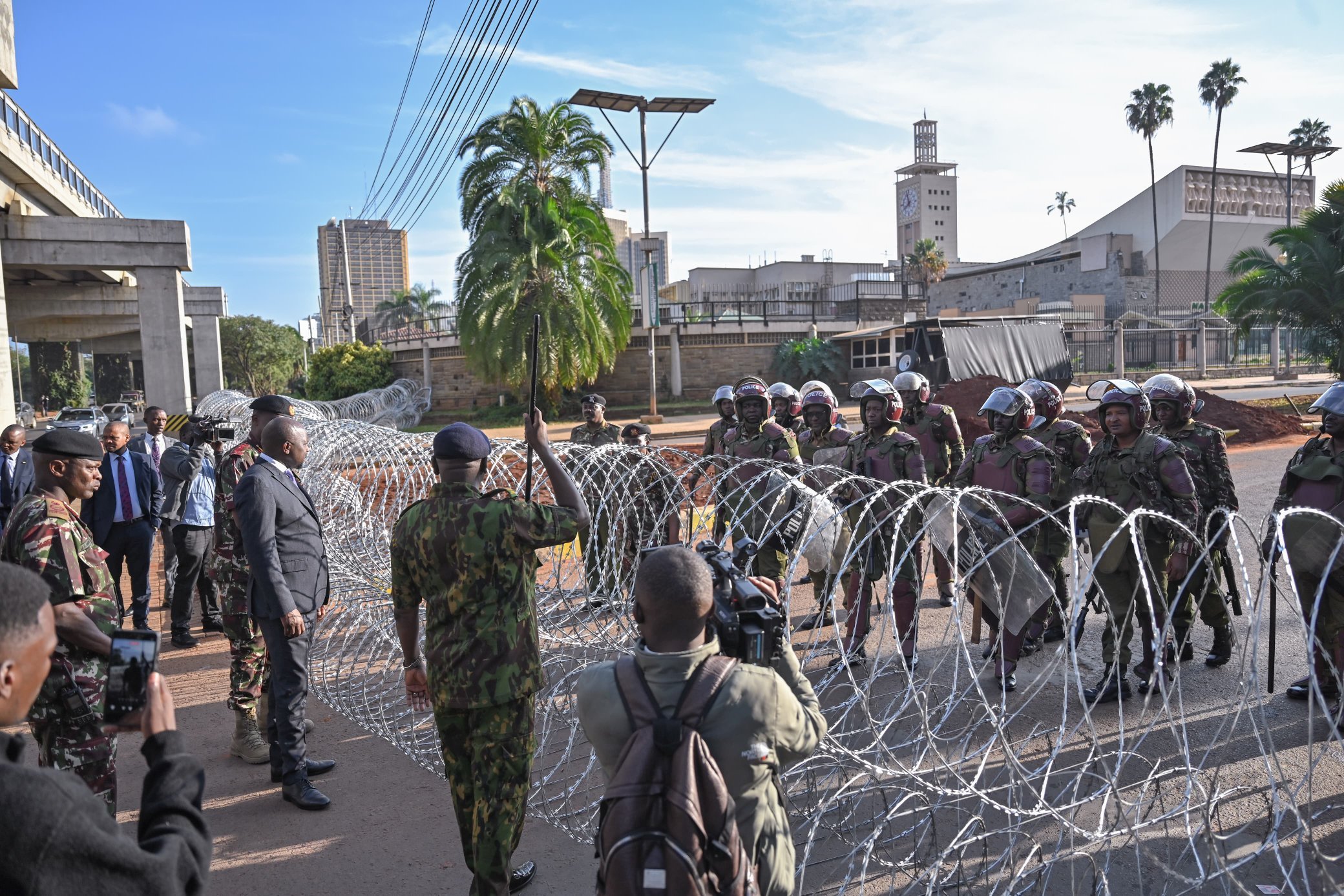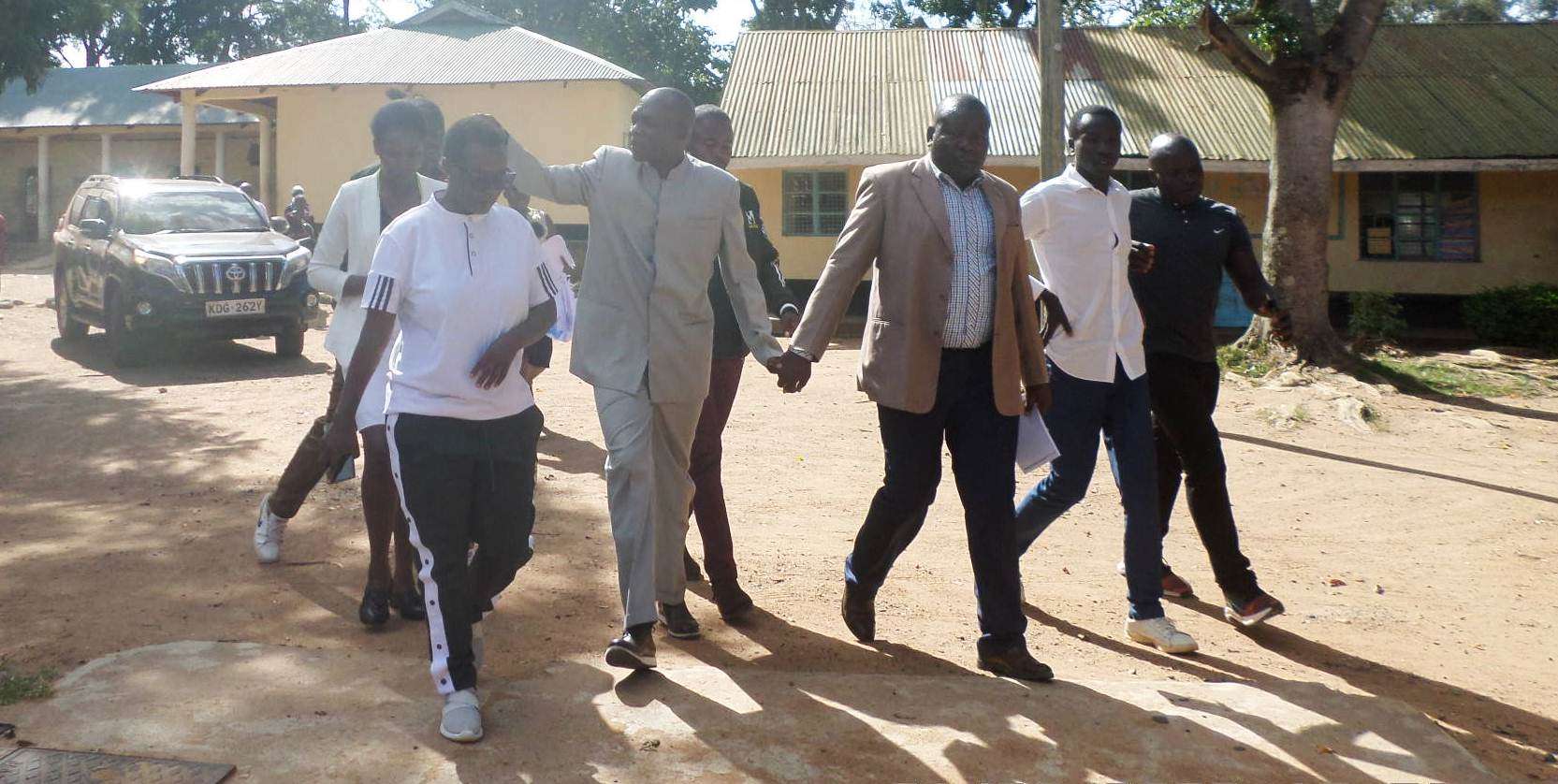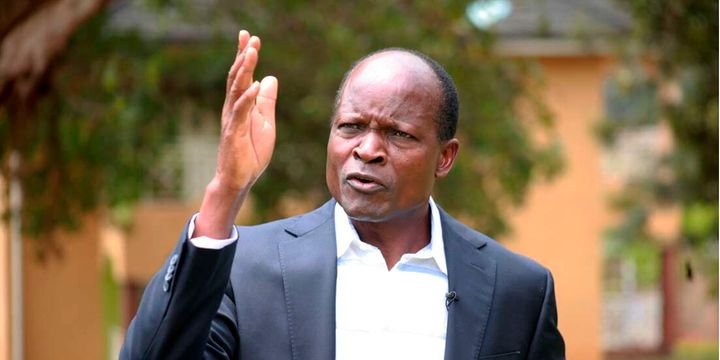By TWV Team
Business in Parliament came to a grinding halt yesterday as nationwide protests led by Generation Z disrupted both House and committee proceedings. The lack of quorum forced the premature adjournment of sittings.
The morning session, which commenced later than usual, lacked the required number of Members of Parliament (MPs) needed to conduct official business. Efforts to rally lawmakers into the chamber through the ringing of quorum bells bore little fruit, prompting session chair and Ugenya MP David Ochieng to adjourn the sitting before the scheduled time.
“At 11:45 a.m., the House stands adjourned,” Mr Ochieng declared, curtailing debate on key legislative matters. Among the items shelved were four significant bills and two motions, including proposals on universal health coverage, zoning for land use, and policies to honour Kenyan sports personalities competing abroad. The unfinished legislative agenda also featured amendments to the Parliamentary Powers and Privileges Act, the Salaries and Remuneration Commission Act, and the Breastfeeding Mothers Bill.
Despite the sparse attendance, Parliament hurriedly passed a handful of measures, notably the Third Supplementary Estimates for the 2024/2025 financial year, which allocates an additional Sh18 billion to the government. Discussions also briefly touched on the formulation of a regulatory framework for artificial intelligence and the Consolidated Fund Services expenditures.
In a rare occurrence, committee sessions from both the National Assembly and the Senate were also suspended. The Bunge Tower, typically abuzz with activity from visiting state officials and invited stakeholders, stood nearly deserted. Security personnel outnumbered civilians, as fears of protester incursions prompted heightened security across the precincts.
Key oversight bodies, such as the Public Investments Committee on Education and Governance, were due to meet senior officials from several universities. Meanwhile, the Environment, Forestry and Mining Committee was scheduled to interrogate environmental officers over allegations of toxic dumping in Northeastern Kenya and controversial developments in Ngong Forest. These sessions did not proceed.
Meanwhile, Senate committees probing county-level audit concerns were similarly affected, postponing ongoing meetings with governors over expenditure queries flagged by Auditor-General Nancy Gathungu.
The mass absenteeism came just a day after Speaker Moses Wetang’ula convened a closed-door Kamukunji (an informal parliamentary meeting), where he assured members of their personal safety amid the mounting tension. However, MPs appeared unconvinced, with many spotted hurriedly exiting Parliament buildings shortly after adjournment.
An unnamed legislator who attended the Kamukunji noted: “The Speaker told us not to panic, that he had spoken to the security chiefs. But in all honesty, many of us do not feel safe.”
The developments underscore the growing political pressure exerted by young Kenyans, as the Generation Z movement continues to reshape the country’s political discourse. As lawmakers retreat from their legislative duties, the broader question remains: can Parliament operate in isolation from the will of the people?





